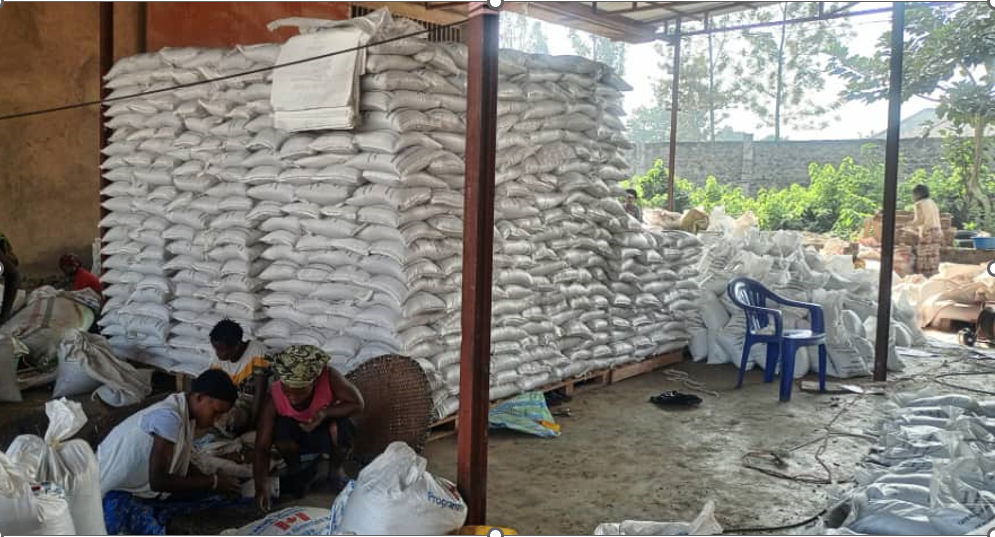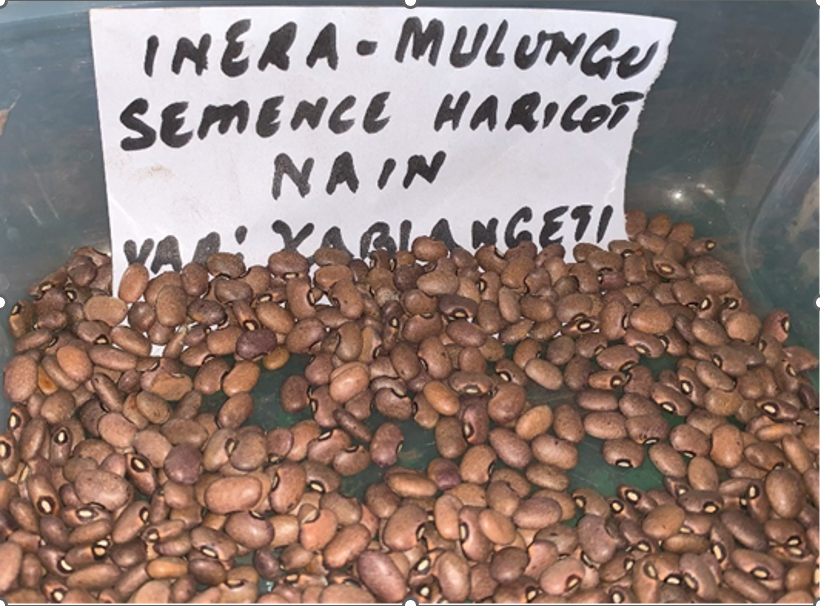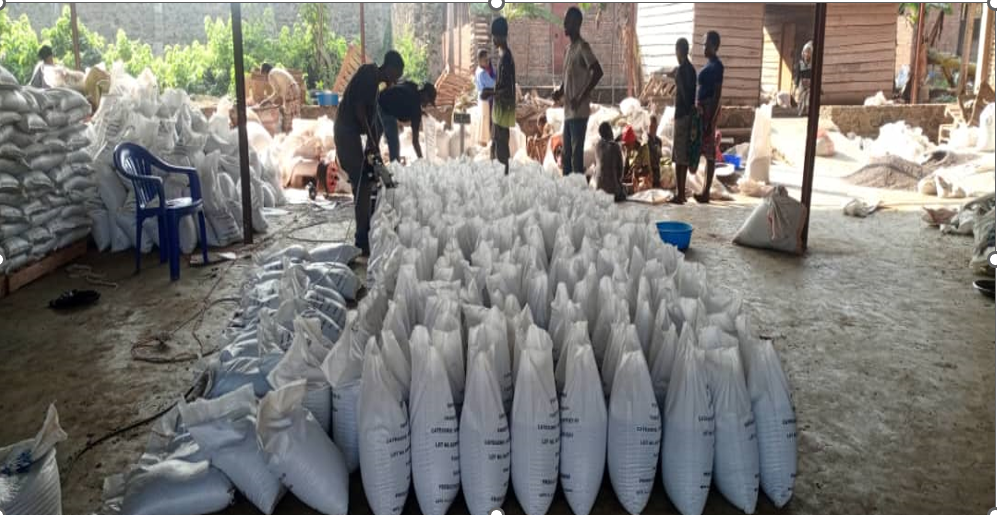By Sylvia Kalemera, Lydie Mulonda, Napoléon Kajunju, Hosny Dunia, Paulin Njingulula, Lucky Kalisya, Julie Ntamwinja, Jean Claude Rubyogo, & Bola Amoke Awotide
For years, North Kivu Province in the Democratic Republic of Congo (DRC) has been plagued by conflict and instability. Despite these challenges, a resilient youth-led organization called Association des Jeunes pour la Culture et le Développement au Kivu (AJECEDEKI) known in English as Association of Young Cultivators and Breeders for the Development of Kivu, is making significant strides in transforming the region. Based in Bunyangula, Rutshuru territory, AJECEDEKI, founded by Elias Ntahobari, is committed to empowering local youth by enhancing agricultural productivity, improving education, promoting peace, and advancing community development—efforts that are particularly vital in a region severely affected by ongoing skirmish.
The persistence of violence has severely disrupted agricultural value chains, including access to quality common bean seeds. Farmers have been displaced in large numbers, which has hindered their ability to obtain and cultivate high-quality seeds. The situation is further compounded by inadequate infrastructure, which hampers seed distribution, and by socio-economic barriers that make high-quality seeds unaffordable for many.
The lack of organized seed multiplication programs has left many farmers, especially women, reliant on lower-quality seeds or unsuitable varieties. This issue is aggravated by a general lack of awareness about the benefits of certified seeds, leading many to continue using traditional, less productive bean varieties. Addressing these challenges, therefore, is crucial for improving agricultural outcomes and supporting sustainable development in North Kivu.
Despite the challenges faced during the most recent agricultural production season, AJECEDEKI, which became a Cooperative in 2015, has achieved a significant milestone. With support from the Pan-Africa Bean Research Alliance (PABRA-Africa) and the national agricultural research center, INERA (Institut National pour l’Étude et la Recherche Agronomiques), AJECEDEKI successfully multiplied a range of bean varieties. For instance, in the 2024 Season B production period, which ran from February to May, the organization produced approximately 80,000 kilograms of certified seeds. This achievement highlights AJECEDEKI’s crucial role in enhancing food security and advancing agricultural development in North Kivu Province.
The Cooperative currently supports around 15,000 households through the National Enterprise for Processing and Business Harmonization system, with 85% of participants being women and young people. The youth are actively engaged in various activities, including production, processing, and transportation. Specifically, about 7,745 households are actively participating in contractual agriculture in regions such as Masisi (Kamuronza and Mufunyishanga). Additionally, 17,000 households are being educated about contractual agriculture, reflecting the extensive involvement of the youth in these initiatives.
AJECEDEKI primarily produces the Kabulangeti bean, a certified variety that was developed by INERA and was introduced in 2006. Originating from North Kivu, Kabulangeti is a bush bean variety known for its small-sized grains, with an average weight of 100 grams. It belongs to the Kabulangeti purple group (see figure 2) and is well-suited to the local growing conditions in the province.
Since then, Kabulangeti has become highly favored by all stakeholders in the bean value chain due to its adaptability and quality. To streamline distribution and sales, the seeds are packaged in convenient 10-kilogram bags. These certified seeds are distributed to farming households across Rutshuru, Masisi, and Nyiragongo territories, enabling approximately 8,000 households to access high-quality, certified bean seeds. This initiative plays a crucial role in improving agricultural productivity and food security in the region.
Amid insecurity and daily uncertainty, AJECEDEKI has not only shown remarkable resilience but has also demonstrated a strong commitment to helping the Congolese nation achieve food security in these challenging times.



